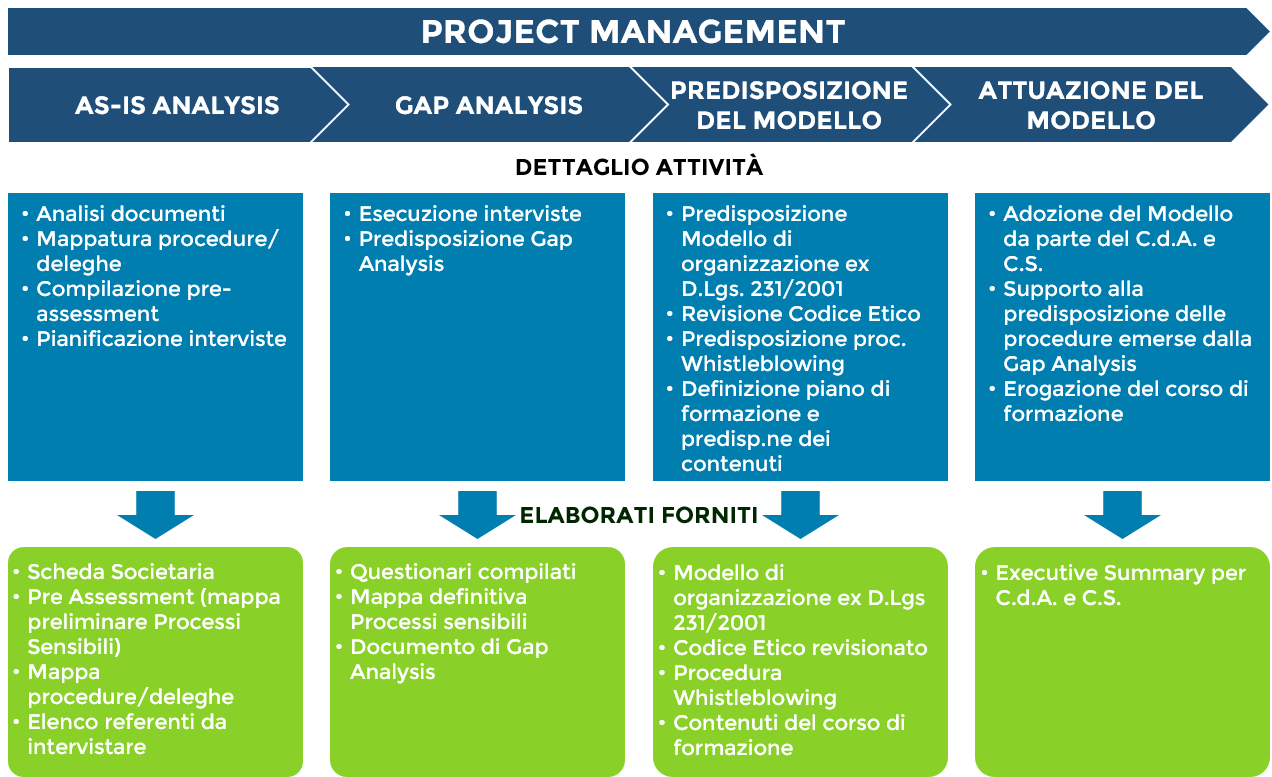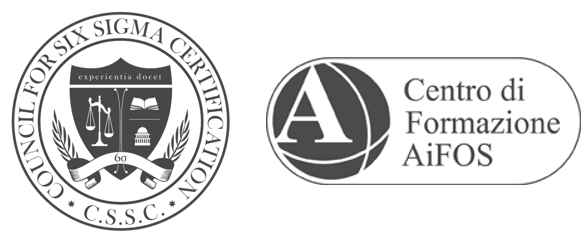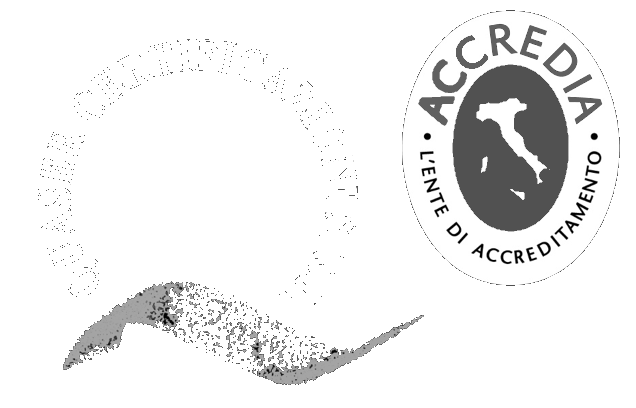INTERNAL CONTROL SYSTEMS AND MODELS 231
Manage business risks.
Internal control systems, among which the 231 models are of great importance, are a fundamental tool for dealing with the risks to which companies are subjected.
P&I Consulting supports its clients in the implementation of internal control systems capable of effectively managing risks without unnecessary bureaucratic burdens.
Balancing performance and compliance
One of the keys to a company's success is finding the correct balance between performance and compliance management. Where the focus is placed on just one of these elements, to the detriment of the other, the growth and development of a company in the long term will be penalized.
Management of business risks
In order to systematically address risks
to which companies may be exposed, it is necessary that they equip themselves with adequate corporate governance measures
and suitable internal control mechanisms.
Internal control is a process, carried out by Board of Directors, come on senior executives
and by others ormanagers of the company structure,
which aims to provide a reasonable certainty regarding the achievement of the objectives falling into the following categories:
- Effectiveness and efficiency of operational activities;
- Reliability of financial information;
- Compliance with applicable laws and regulations.
The MOsDELLI 231
In the context of compliance controls, the equip itself with an organizational and management model pursuant to Legislative Decree 231/2001.
Legislative Decree 231/2001 introduced into Italian law a peculiar form of liability, classified as "administrative crime", paid by companies, associations and bodies in general, following thecommission occurred, In the Lgold interest or to their advantage
, by a person who holds a top or subordinate position within them, of a criminal offense included among those listed in detail in the Decree.
The Decree suggests theadoption of an organisation, management and control model
which, if effectively implemented by the company, can allow it to be exempt from punishment even in the event of commission of the predicate crimes.
OUR APPROACH
Our methodology for implementing a Model 231 includes four main phases, as illustrated below:
SUPPORT ACTIVITIES
P&I Consulting supports Clients, with a multi-disciplinary team, in the following activities:
- Implementation of Organization, Management and Control Models;
- Preparation of Codes of Ethics;
- Assumption of responsibility as a member of the Supervisory Body;
- Carrying out checks and analyzes to support the activities of the Supervisory Bodies;
- Analysis and evaluation of sensitive processes and consequent support in updating the Model as well as related documents, including 231 survey procedures;
- Training of company collaborators on the 231 topic also in e-learning mode;
- Implementation of whistleblowing procedures.
We invite you to contact us for further information or specific needs
THE BUSINESS CRISIS A NEW AREA THAT REQUIRES AN INTERNAL CONTROL SYSTEM
The art. 375 of Legislative Decree 14/2019, in force since 16 March 2019, introduced paragraph 2 of the art. 2086 cc, formulated as follows: "The entrepreneur, who operates in a corporate or collective form, has the duty to establish an organisational, administrative and accounting structure appropriate to the nature and size of the company, also in relation to the timely detection of the crisis of the the company and the loss of business continuity, as well as to act without delay for the adoption and implementation of one of the tools provided for by the law for overcoming the crisis and recovering business continuity".
Also from 16 March 2019, all directors who have not equipped the company with an adequate organisational, administrative and accounting structure, capable of intercepting signs of crisis and, above all, the loss of business continuity, will respond with their own assets of corporate bonds of the managed company for failure to comply with the obligations inherent to the preservation of the integrity of the company's assets as provided for by the new art. 2476 CC.







